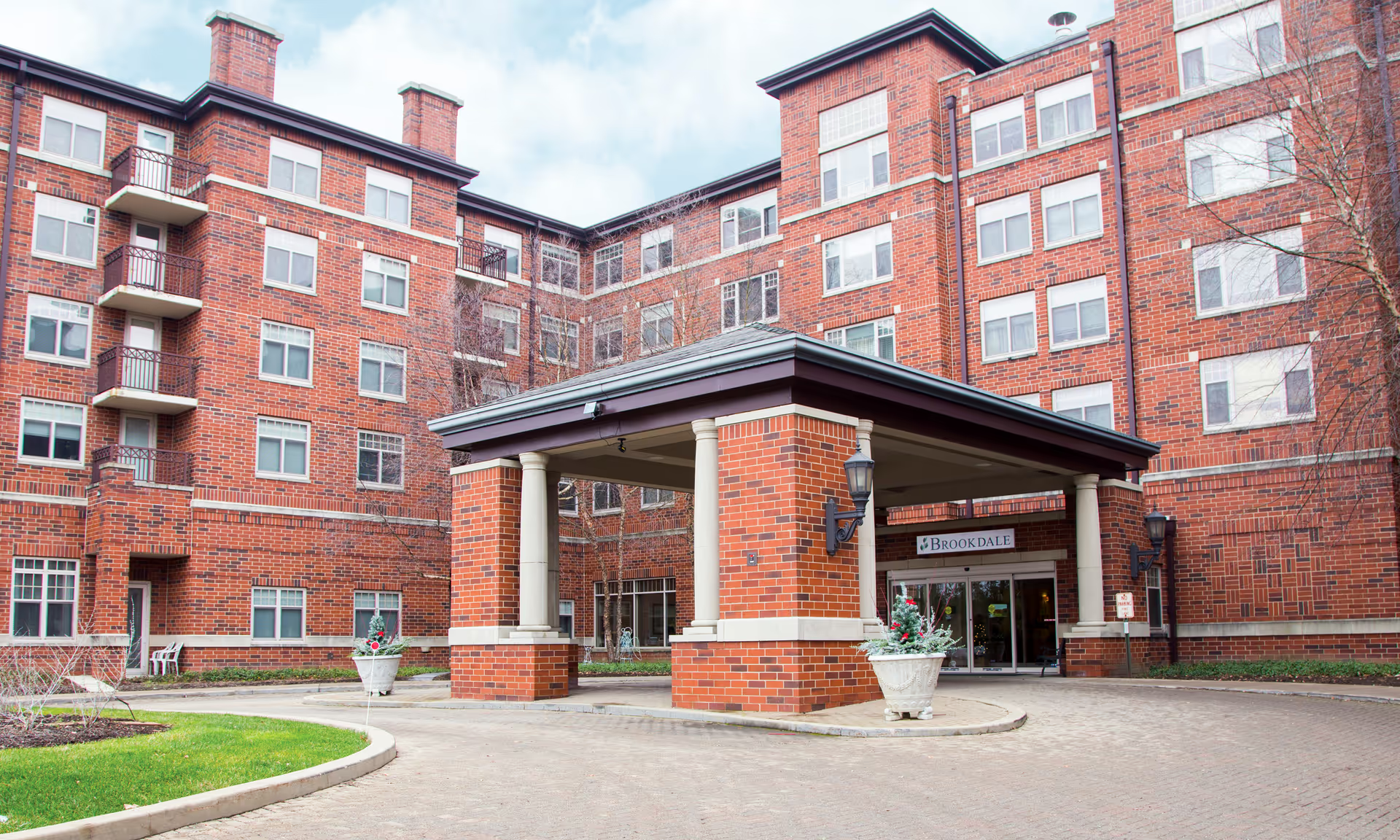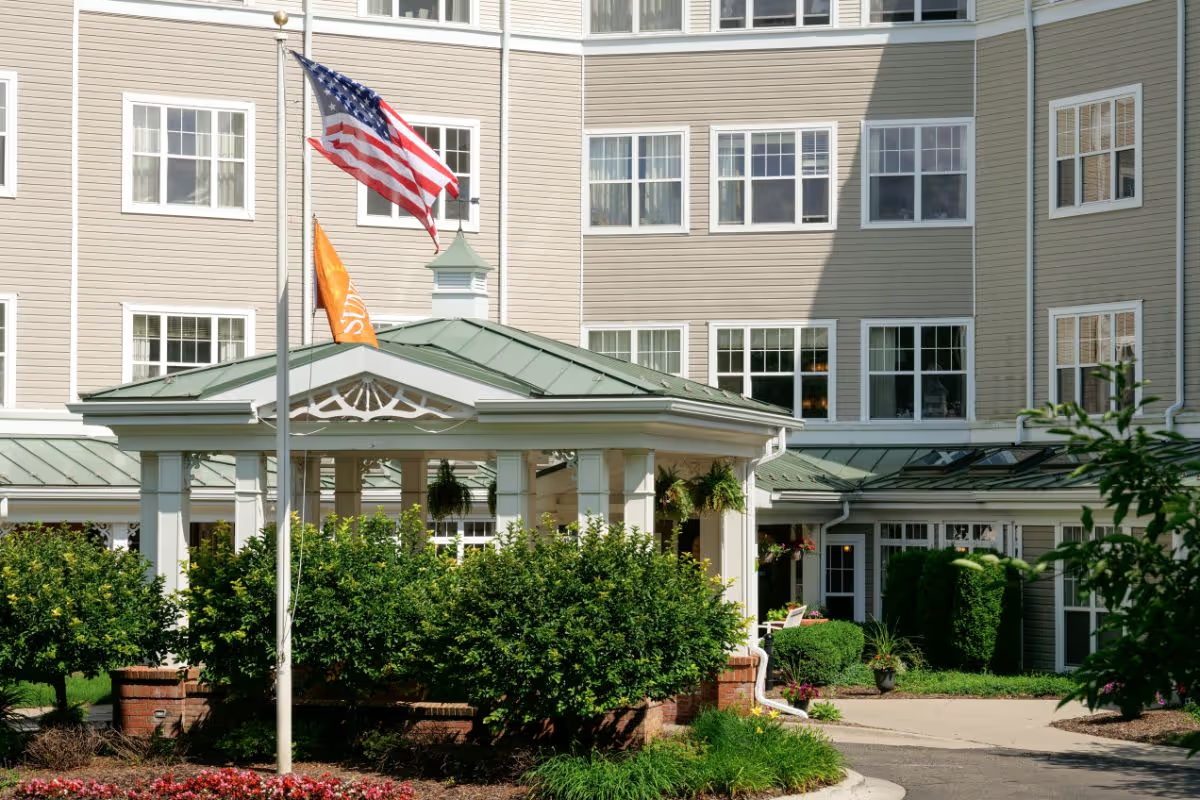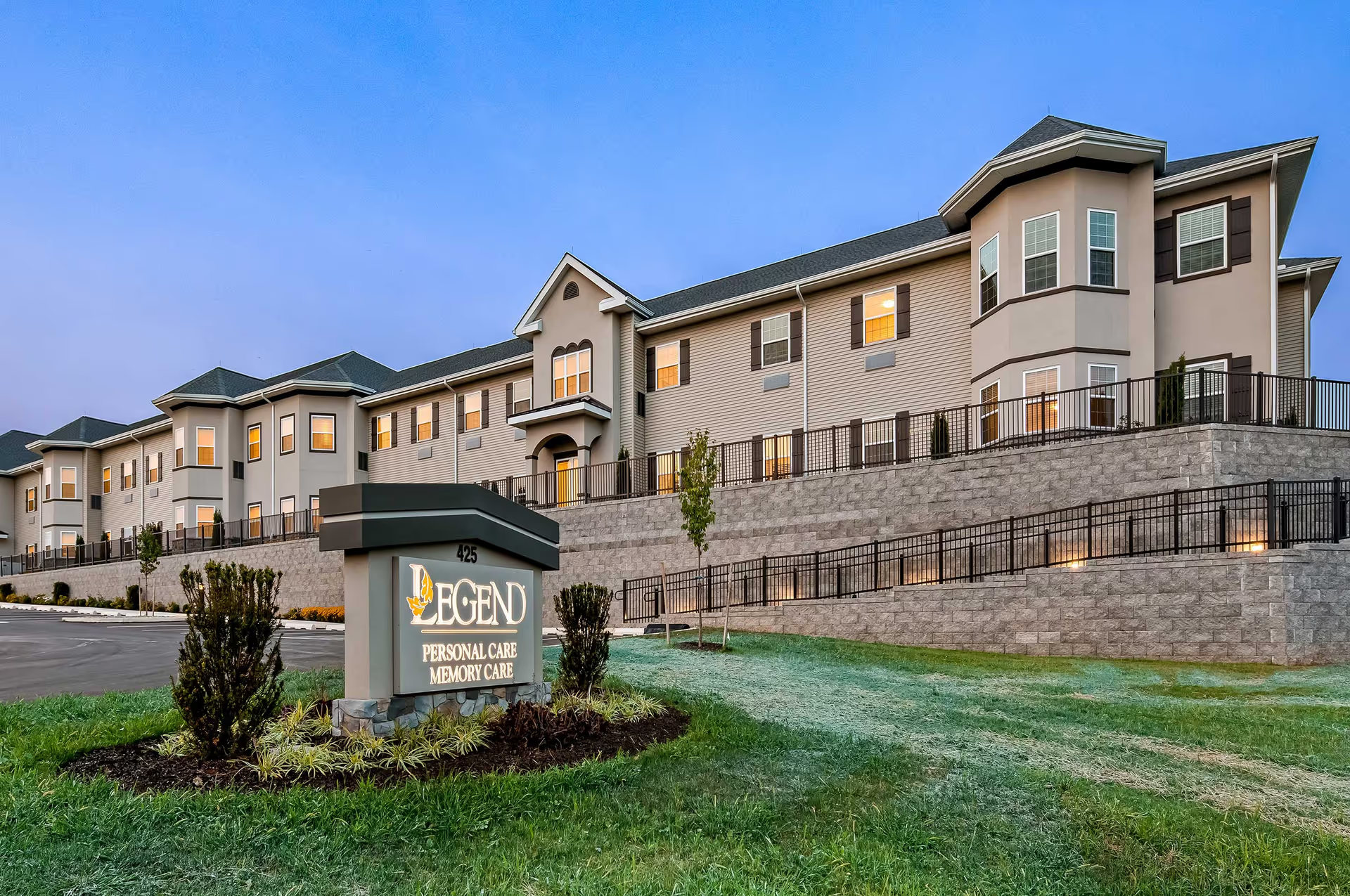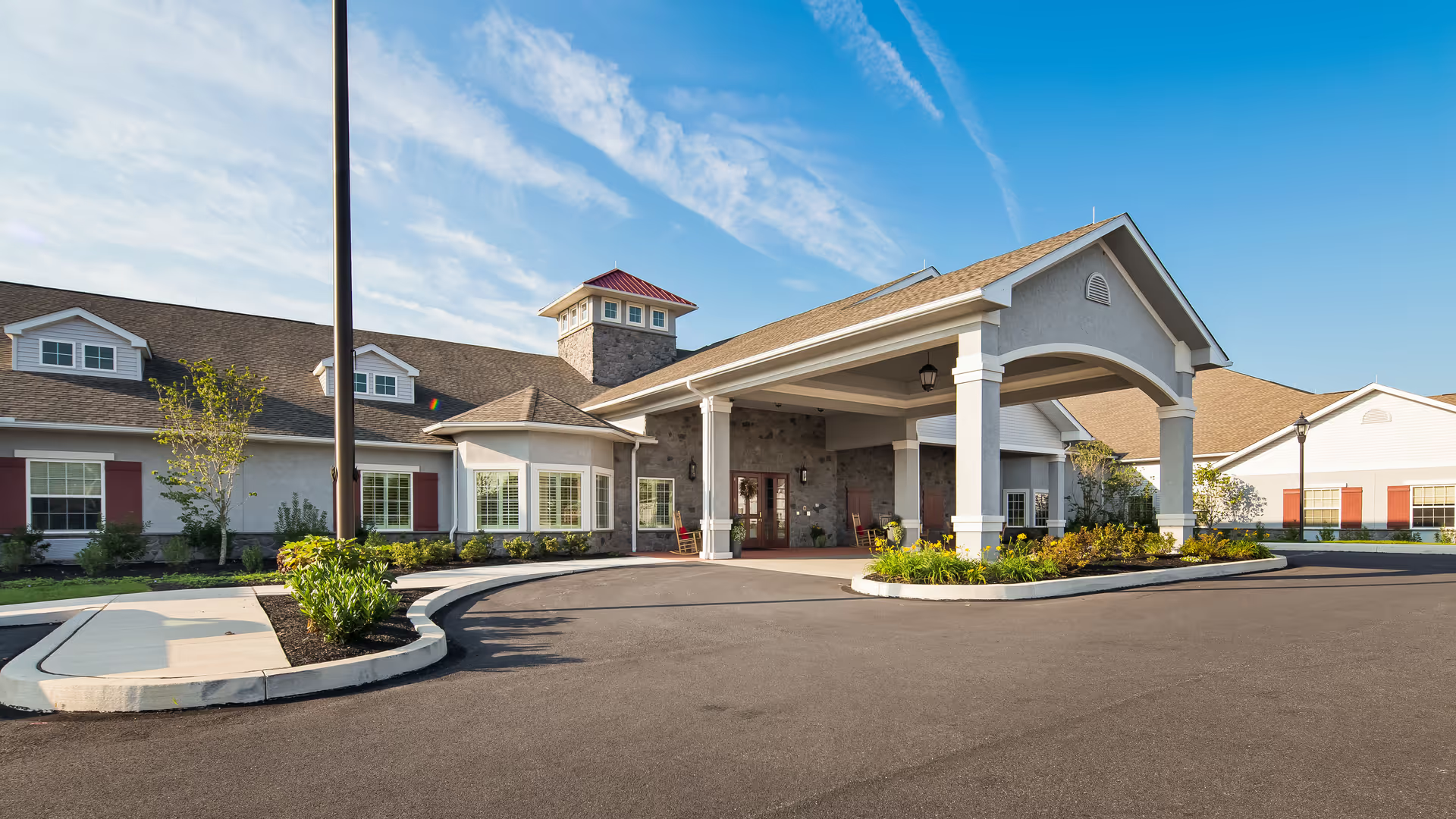Overall sentiment across the reviews for The Gardens at Liberty Park is sharply mixed with clear polarization: many reviewers praise individual staff members, the campus environment, activities, and specific aspects of care, while a substantial number of reviews describe systemic operational problems, especially around staffing, cleanliness, and management. The strongest positive themes are frequent personal testimonials to compassionate, dedicated caregivers and nurses who create a warm, home-like atmosphere for residents. Multiple reviews single out individual staff as exceptional and credit the team for meaningful family connections, seamless hospice transitions, and strong one-on-one support. The campus itself — gardens, terraces, walking paths, and common areas — receives consistently positive mentions, as do certain amenities (beauty shop, dining room, and activity programming) when they are functioning well.
However, a dominant and recurring theme is chronic understaffing and high turnover. Many reviews describe aides and nurses as overworked, stressed, and underpaid; families report long waits after pulling call cords, missed medications or delays (including ostomy care and pain meds), and inconsistent assistance with basic personal-care needs. Memory care is a particular area of concern in multiple accounts: reviewers cite overcrowding, limited care, no call buttons in some memory-care areas, and safety risks such as falls not being promptly communicated to families. These personnel gaps appear to drive many of the facility's most serious complaints (soiled clothing left on residents, delayed incontinence care, missed showers, and poor daily monitoring).
Cleanliness assessments vary widely across reviews. Numerous families praise the facility as very clean, odor-free, and impeccably maintained, while an equally significant set of reviews report dirty rooms and halls, persistent urine/feces odors, stained carpets, soiled linens, and slipshod housekeeping and laundry service. This inconsistency suggests operational variability across shifts, units, or time periods — some residents benefit from attentive housekeeping while others experience neglect. Several reviewers explicitly tie cleanliness problems to staffing shortages and turnover.
Dining and nutrition receive similarly mixed feedback. Some residents and families praise great, delicious meals, good-sized dining areas, accommodating dining staff, and the availability of drinks and social dining experiences. Conversely, many reviewers report marginal or horrible food: processed meats, lack of fresh fruit and salads, no coffee in some instances, and meals perceived as not healthy or not home-cooked. This split indicates inconsistency in kitchen performance or changes over time (several reviews mention new ownership or cost-cutting that impacted kitchen quality).
Management, communication, and administrative practices are a major dividing line in reviews. Positive reports describe an accessible administrator, efficient intake and placement (including Medicaid waiver assistance), transparent leadership, and good communication with families. Yet many detailed complaints focus on inexperienced or unresponsive management, poor phone handling, front desk unmanned at times, refusal to share documentation, billing disputes, and allegations that the administration is defensive or hostile when issues are raised. Multiple reviewers mention leadership turnover and a perceived decline in quality after new ownership or management changes. There are also reports of state citations related to communication and other regulatory problems.
Safety and regulatory concerns appear in several reviews: COVID outbreaks and lockdowns (sometimes with poor family notification), air conditioning outages, unlocked or unsafe front doors, falls that were not immediately reported, and occasional allegations of elder abuse or theft. These are serious red flags that recur in the input and are often linked by families to staffing shortages and management failures. At least one review references issues that could represent infection risk (delayed ostomy changes), and other reviews describe pre-existing risk points like missing supplies or borrowed equipment.
Activity programming and community life generally receive positive marks when staffing permits: reviewers highlight a variety of programs (exercise, dance, walking groups, shopping trips, church services, arts and crafts) and a lively sense of community. Yet some families report too few activities or residents not being engaged, again frequently tied to insufficient staff or an imbalanced resident mix (more high-dependency residents than higher-functioning residents).
In short, The Gardens at Liberty Park shows both strong strengths and important, recurring weaknesses. Strengths include many individual caregivers who provide compassionate, individualized care; attractive outdoor spaces; a range of activities and amenities; and successful placements for some residents, including Medicaid-supported moves. The most consistent concerns are staffing instability, inconsistent care and housekeeping, variable meal quality, management and communication failures, and safety/compliance issues in specific instances. The reviews indicate a facility that can excel in pockets — usually tied to committed staff — but that is vulnerable to operational lapses, especially during periods of turnover or under-resourcing. Prospective families should verify current staffing ratios, ask for recent inspection reports, inquire about turnover rates and memory-care safeguards, and, when possible, tour during multiple times of day to observe staffing, meals, and cleanliness consistency.







